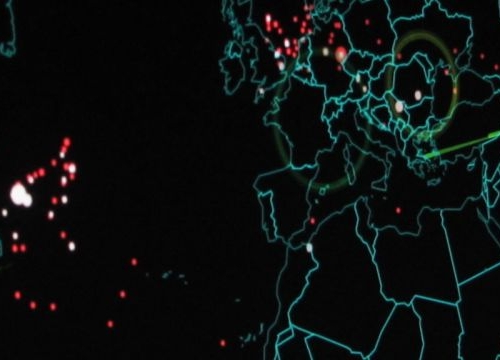ESIL Lecture: Disruptive Military Technologies
Event


Christiaan Colen
New (military) technologies are set to revolutionize the ways wars are fought. Technological advances in the fields of cyberspace and artificial intelligence are at the forefront of contemporary geopolitical power struggles and are already bringing about major transformative shifts in military and humanitarian affairs. Military spending in these fields has increased dramatically in recent years, a new type of arms race has ensued and the deployment of new military technologies is no longer a hidden battlefield reality. These developments will have far-reaching and not yet fully understood consequences for future humanitarian protection needs and the humanitarian legal framework at large. Yet, in spite of many years of discussion and an inflation of norm clarification processes, dissent and ambiguity even around basic legal principles abound.
Against this backdrop, this ESIL Lecture by Robin Geiß, Swiss Chair of International Humanitarian Law at the Geneva Academy and Professor of International Law and Security at the University of Glasgow, will explore the disruptive potential of a range of new military technologies with a particular focus on those areas where these technologies could fall through the cracks of the international legal order.
Video
ESIL Lecture: Disruptive Military Technologies
Missed the ISIL lecture on Disruptive Military Technologies with Robin Geiß, Swiss Chair of International Humanitarian Law at the Geneva Academy and Professor of International Law and Security at the University of Glasgow. He explored the disruptive potential of new military technologies and where these technologies could fall through the cracks of the international legal order.








